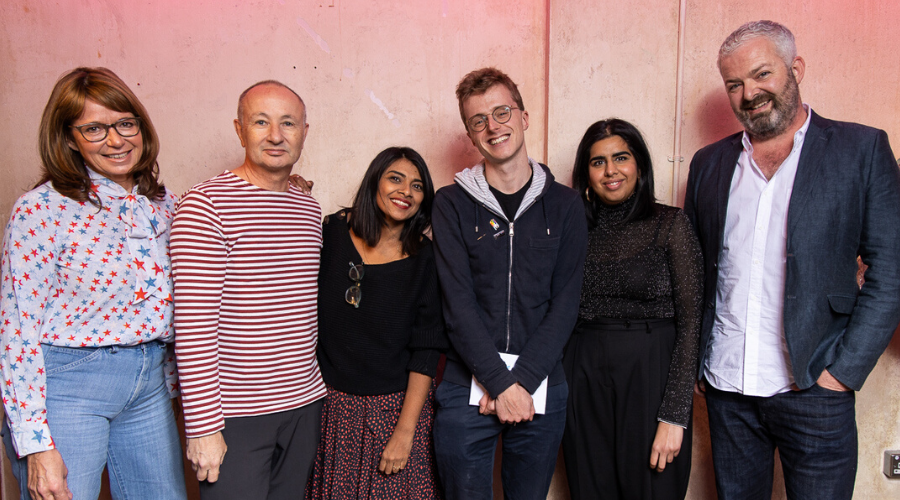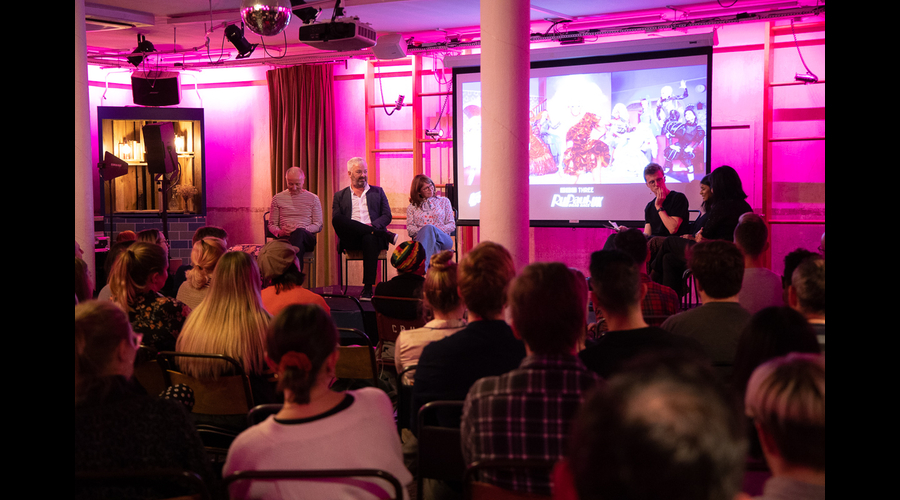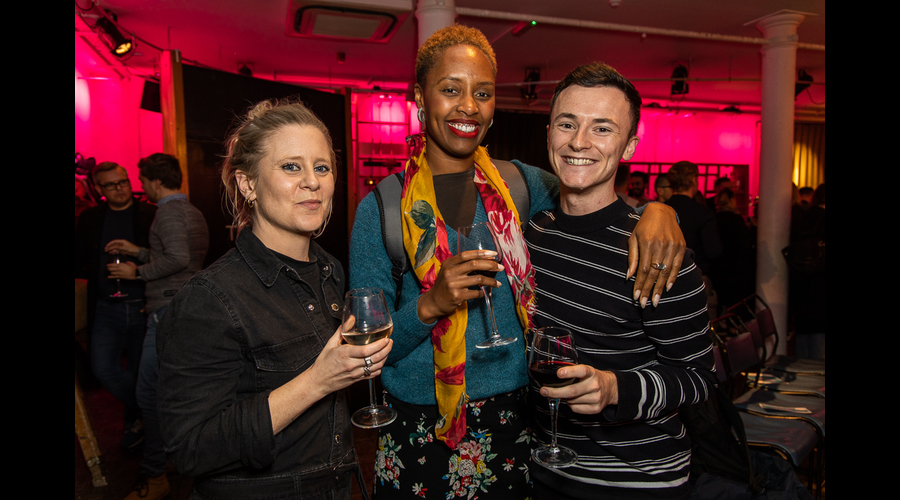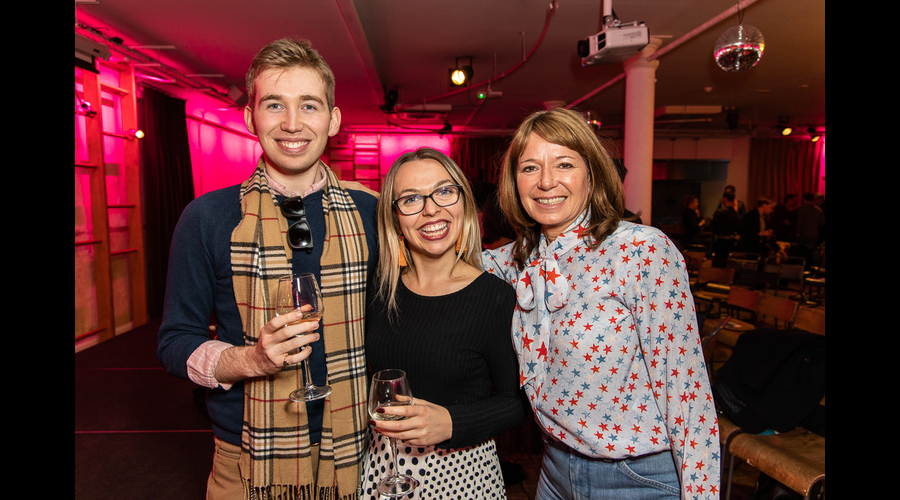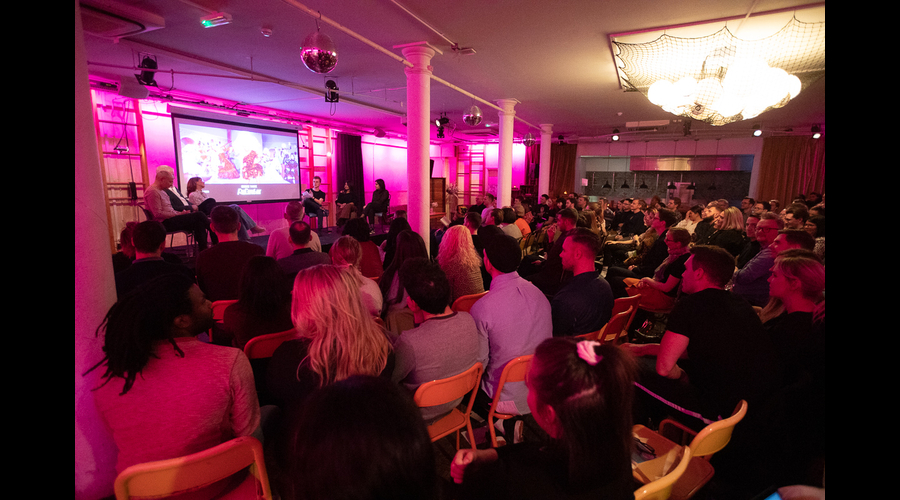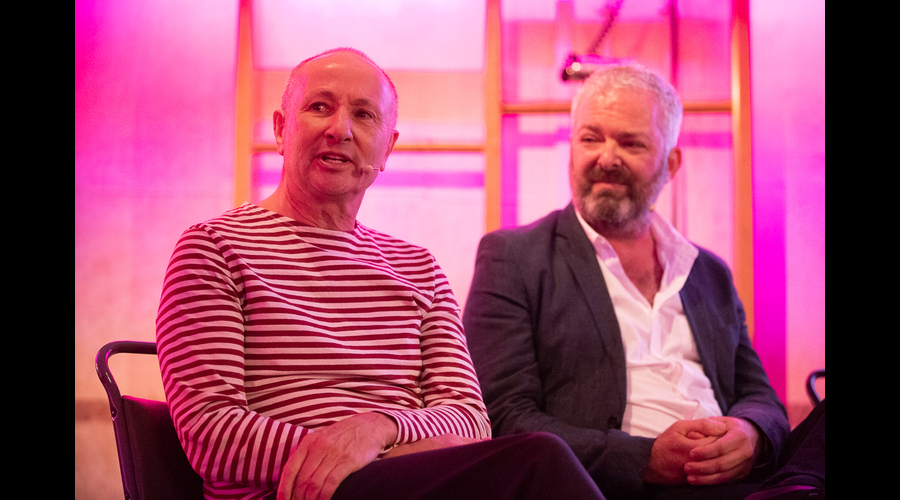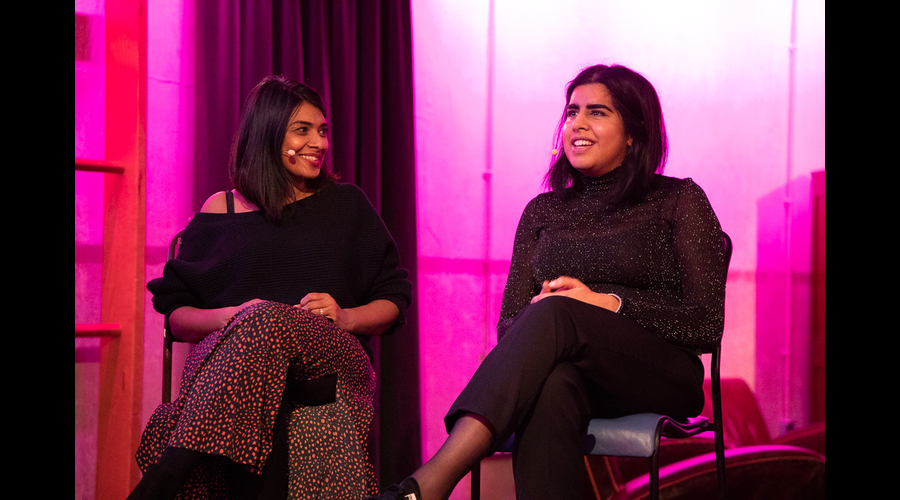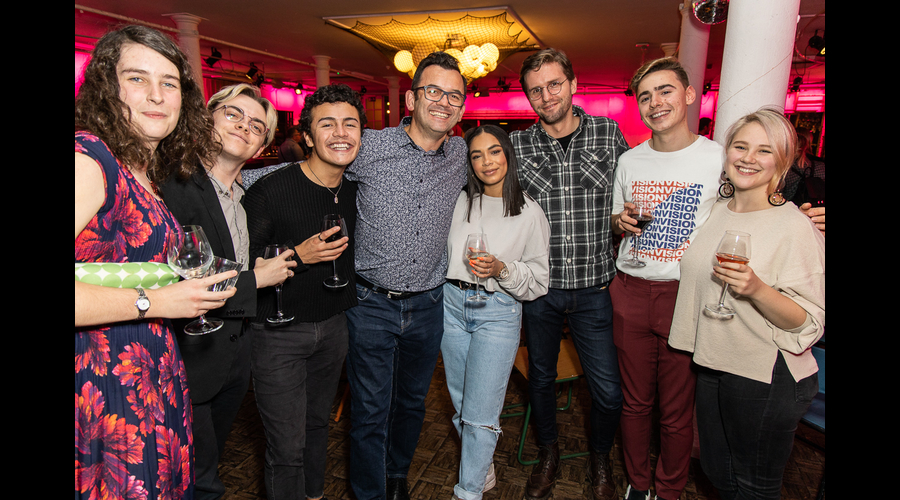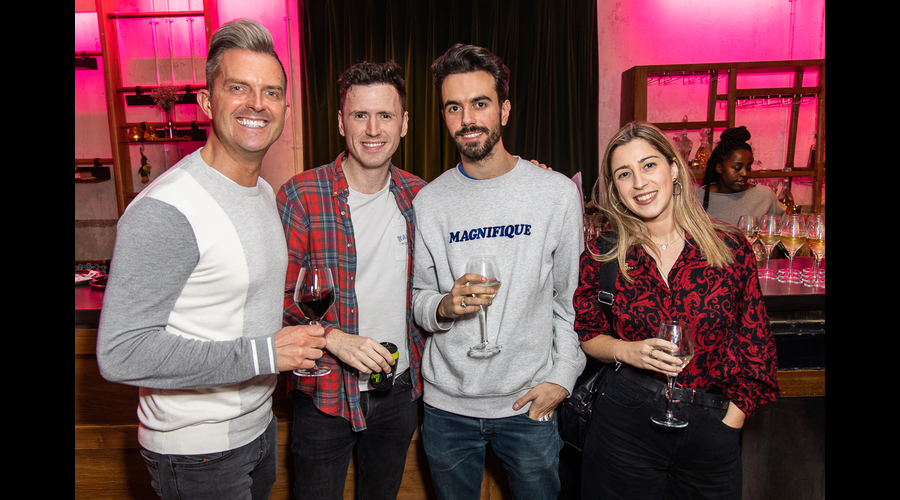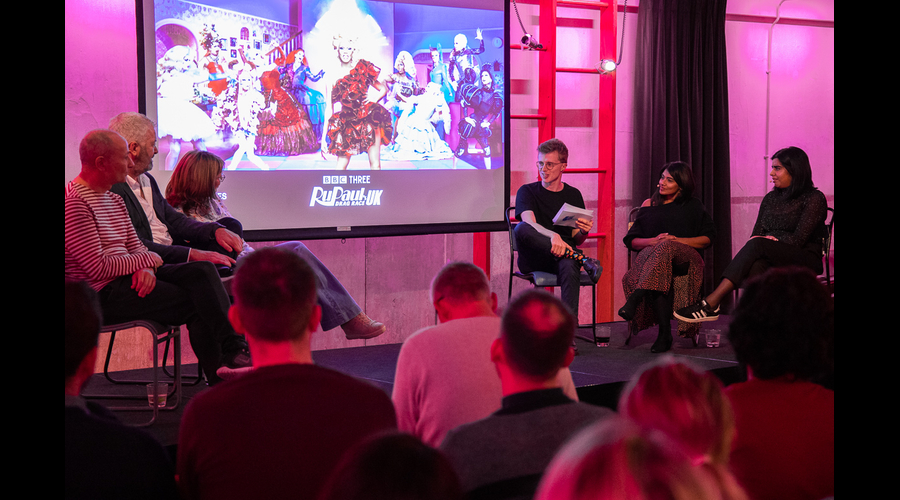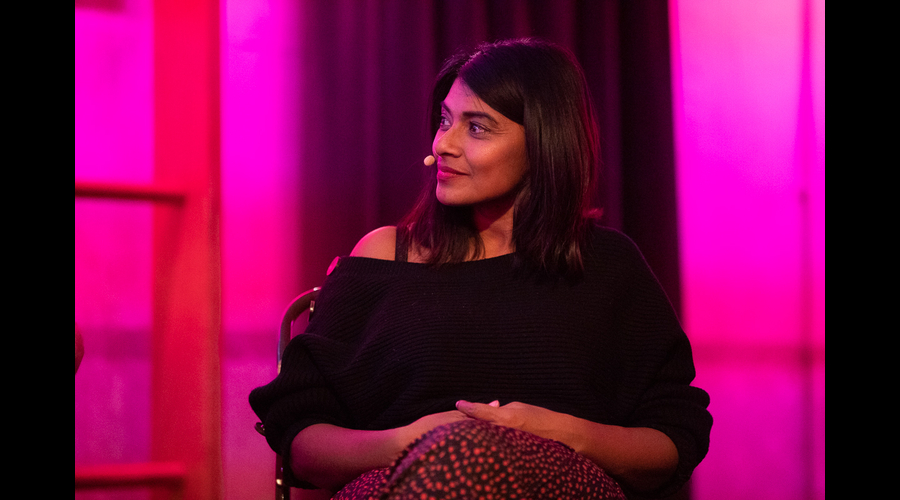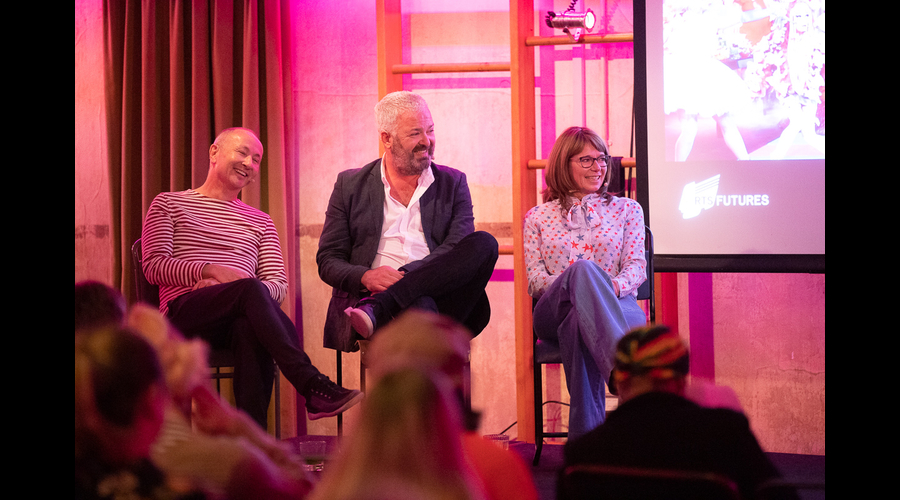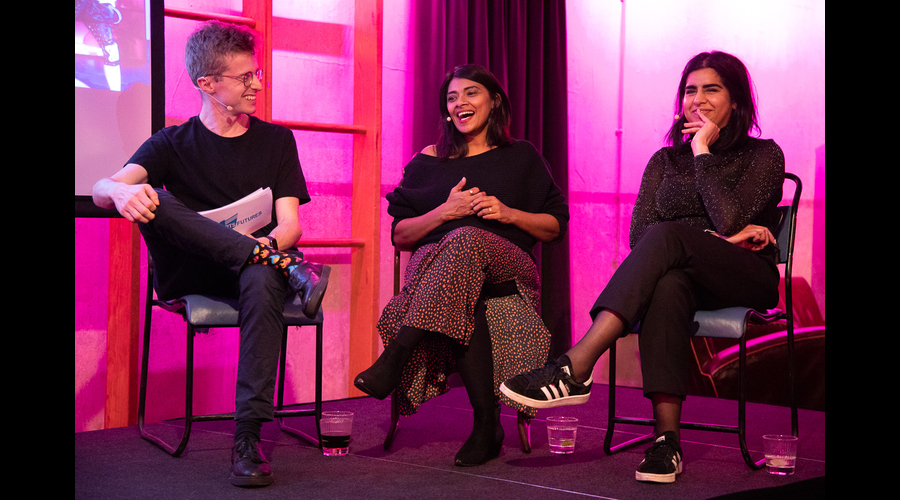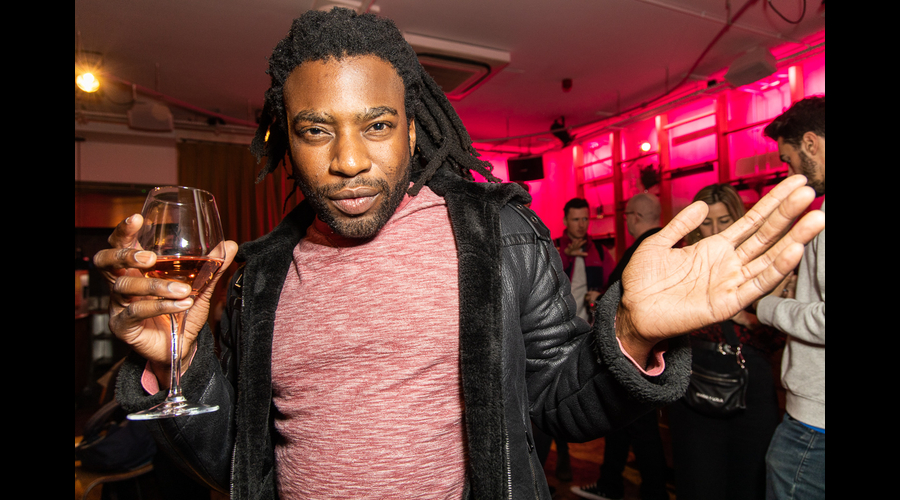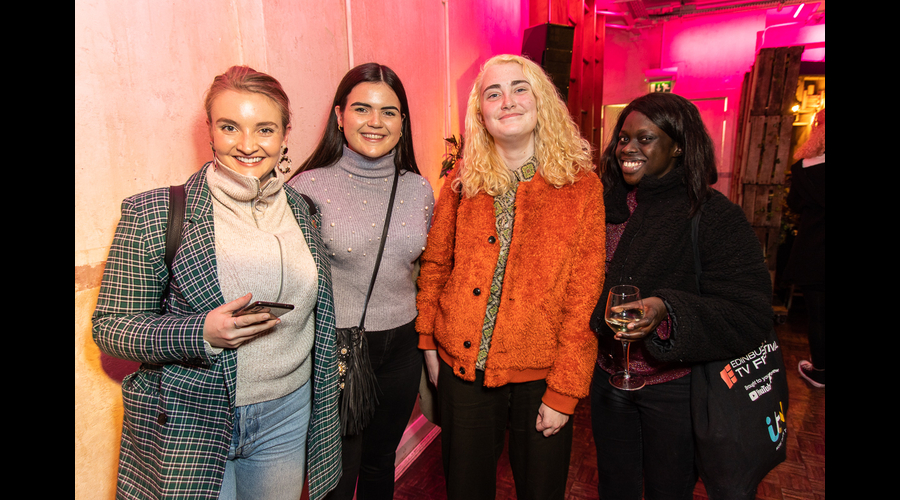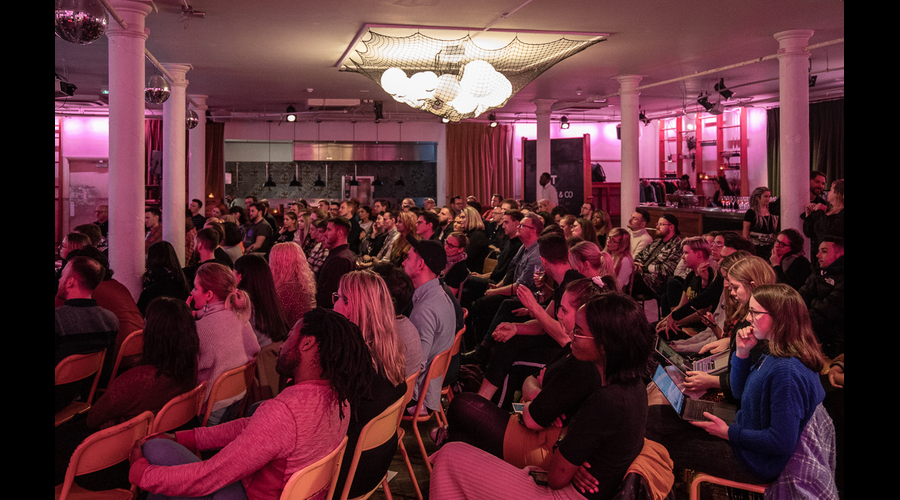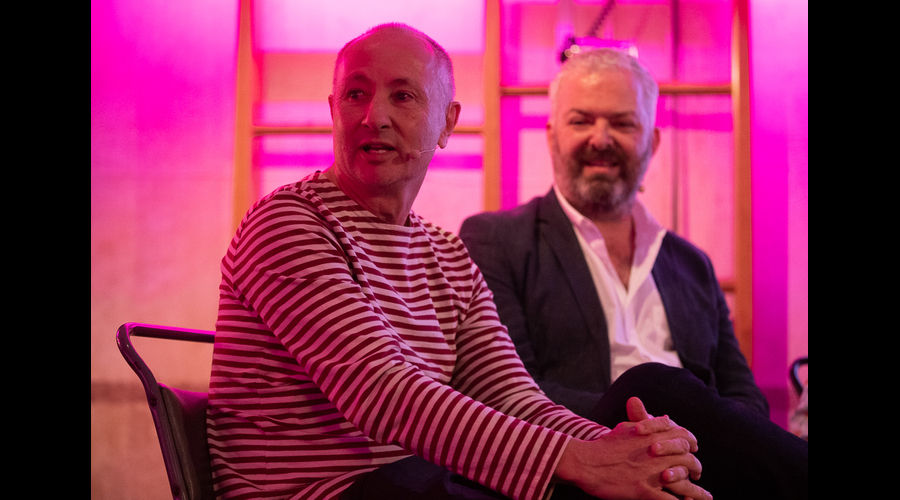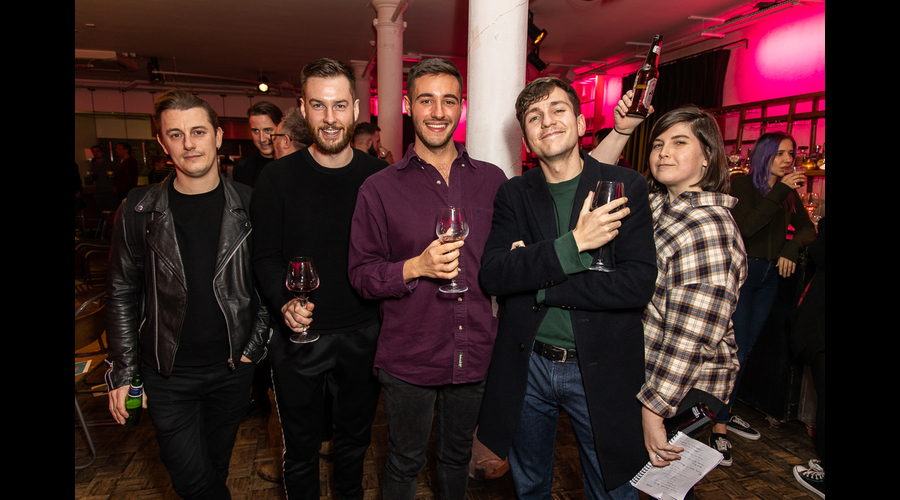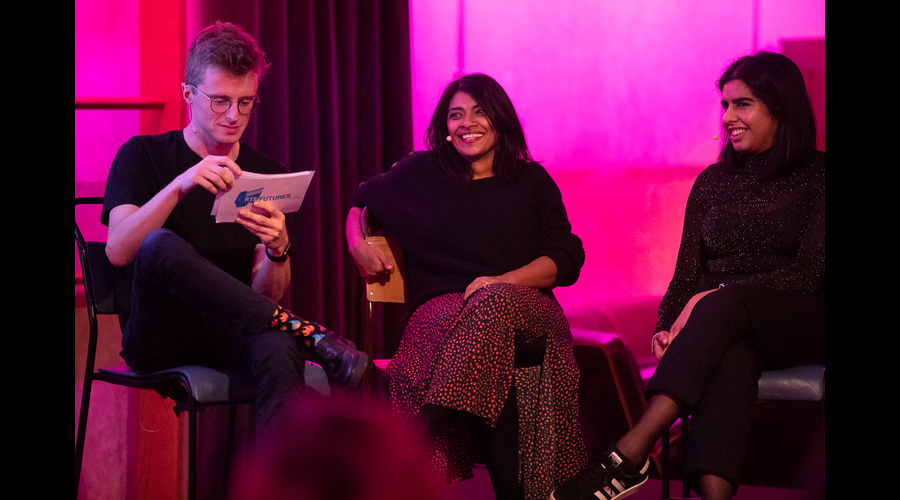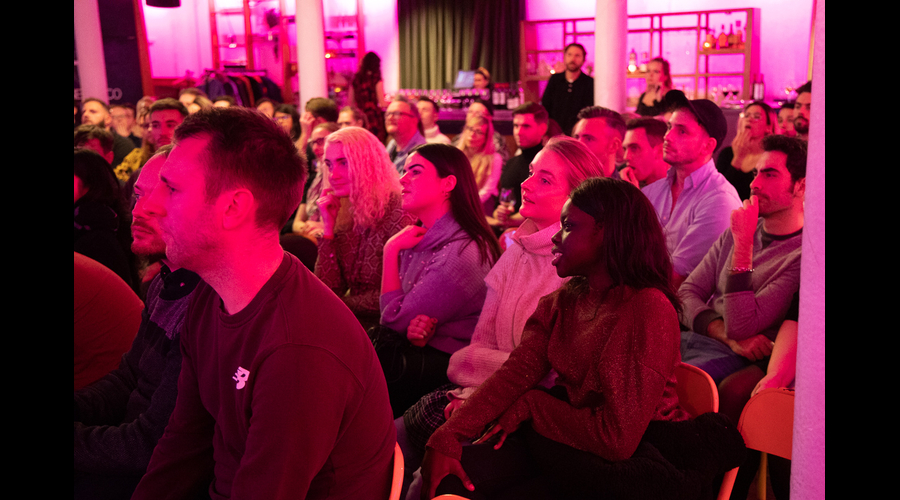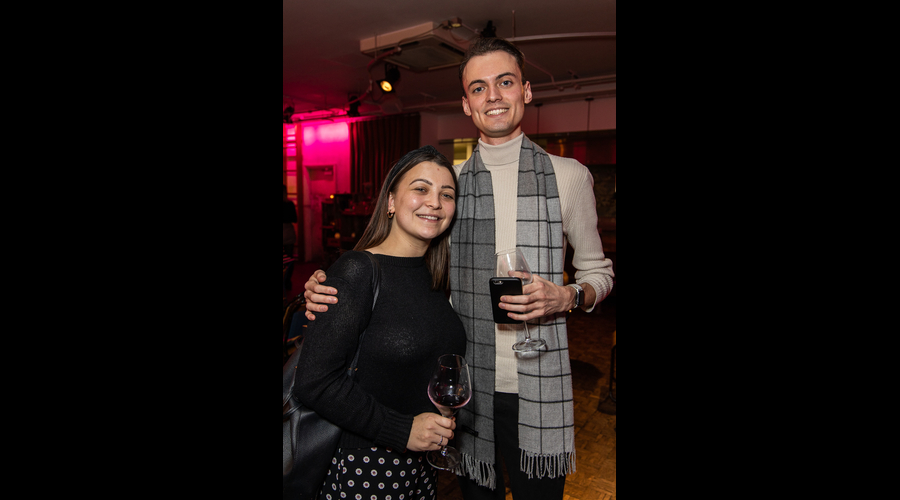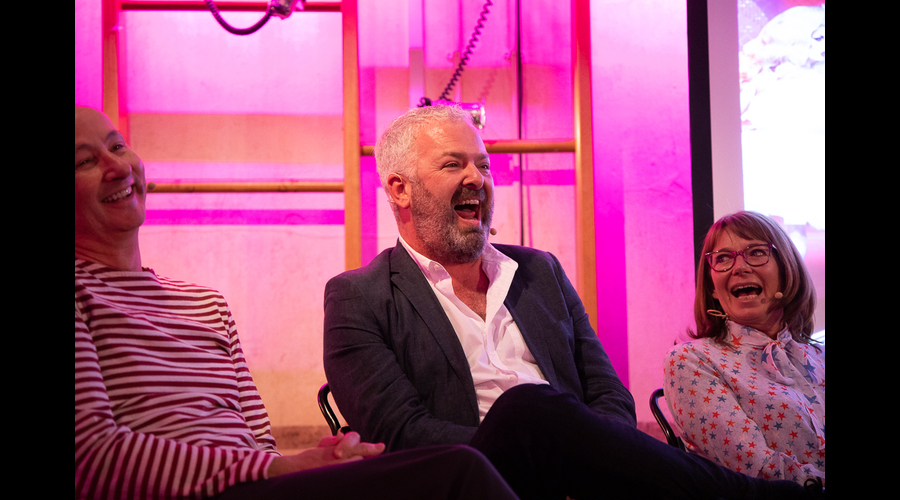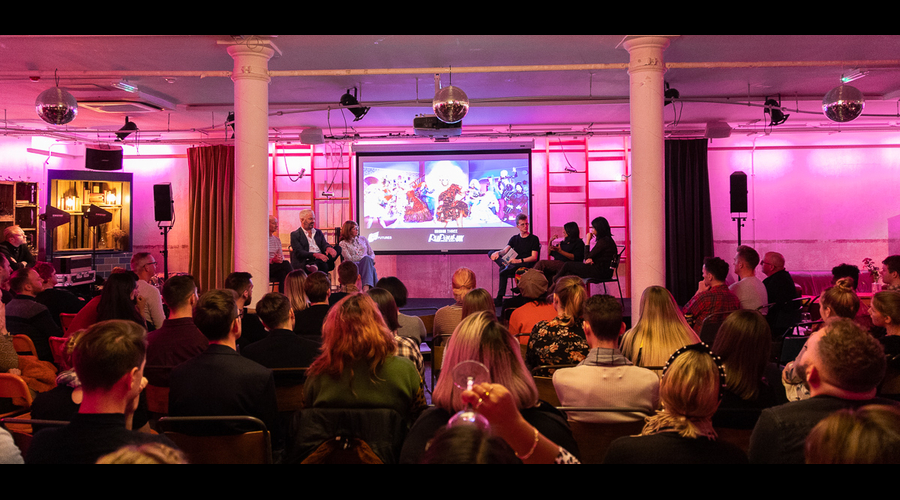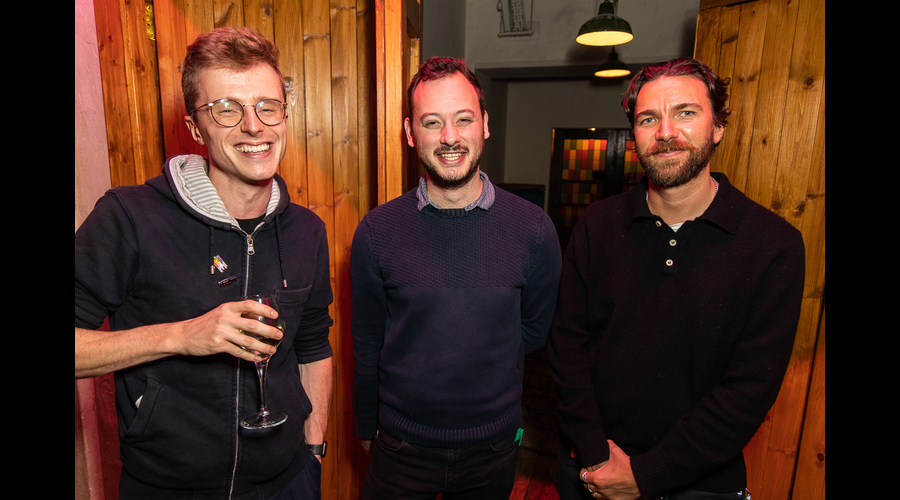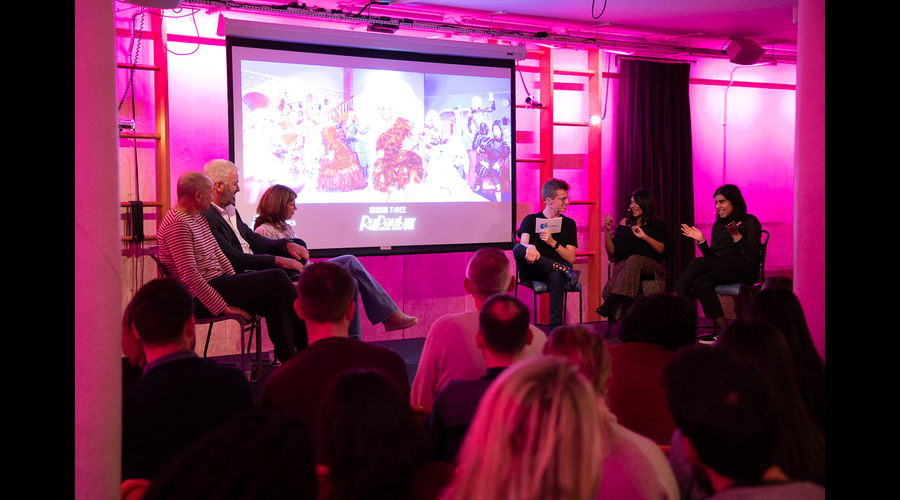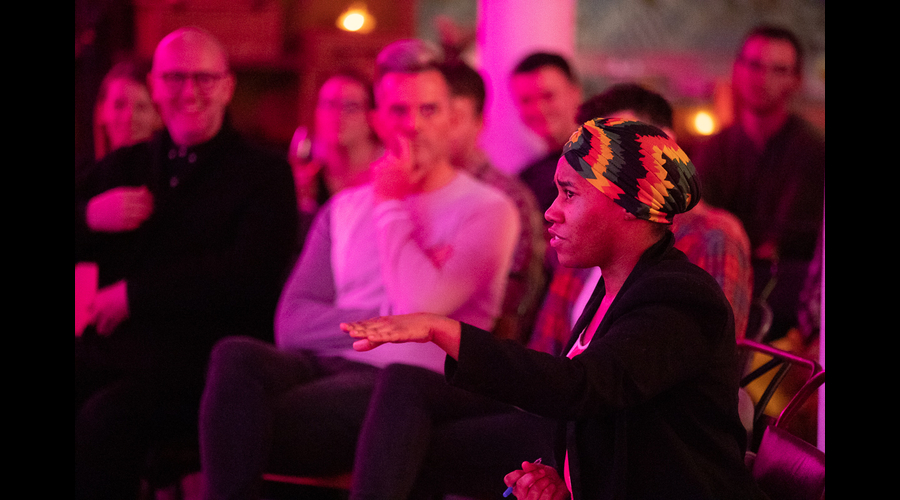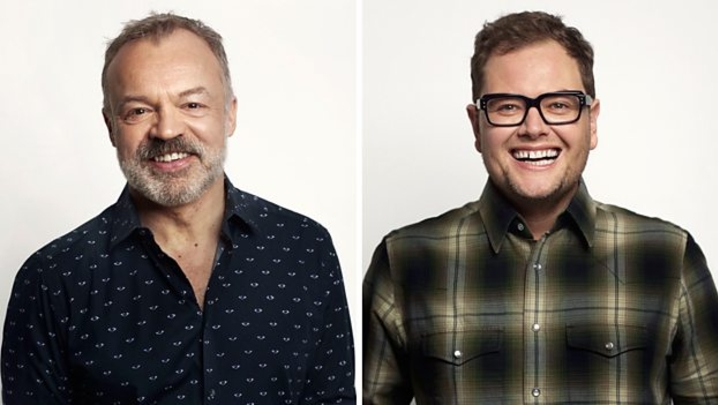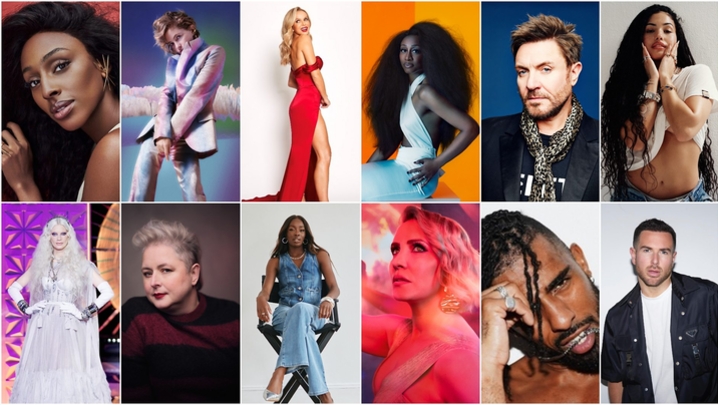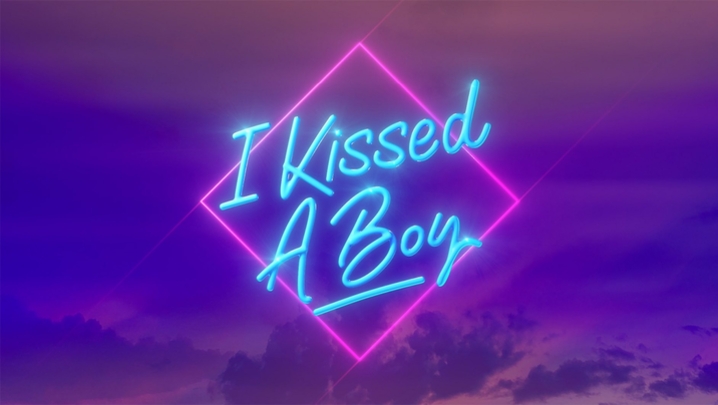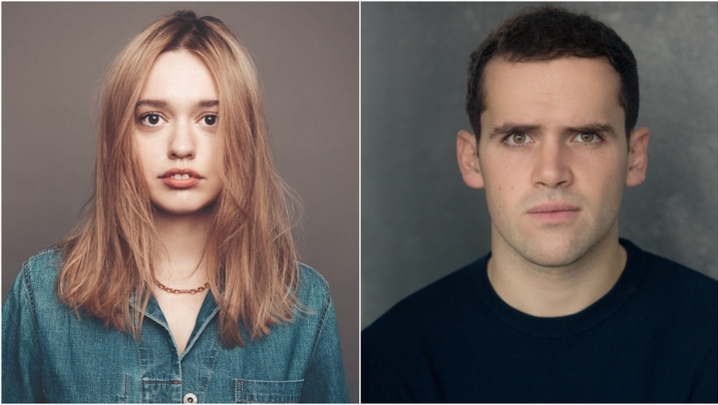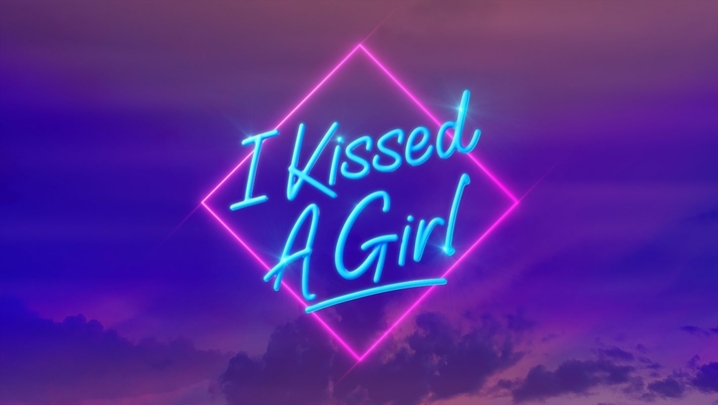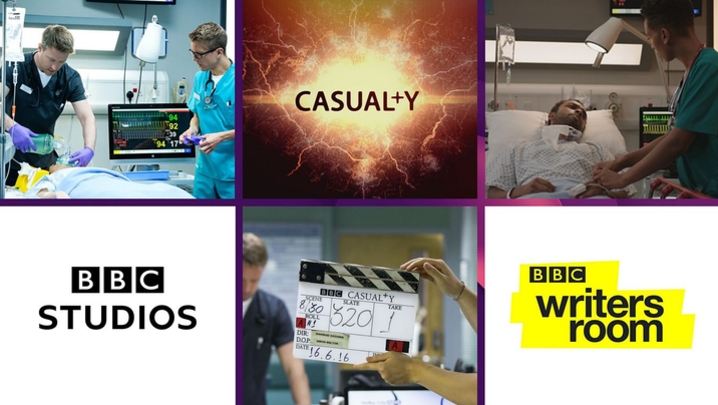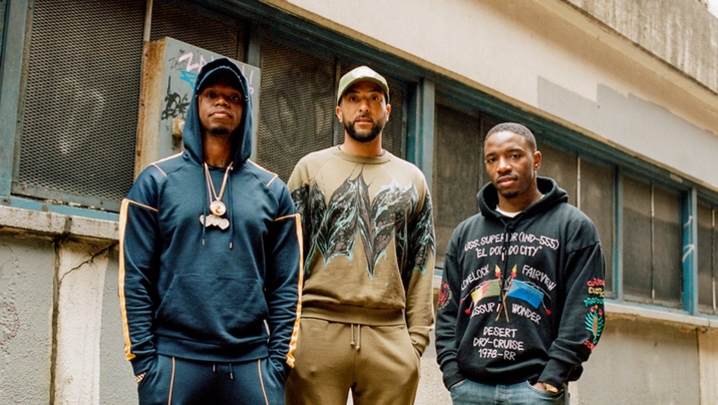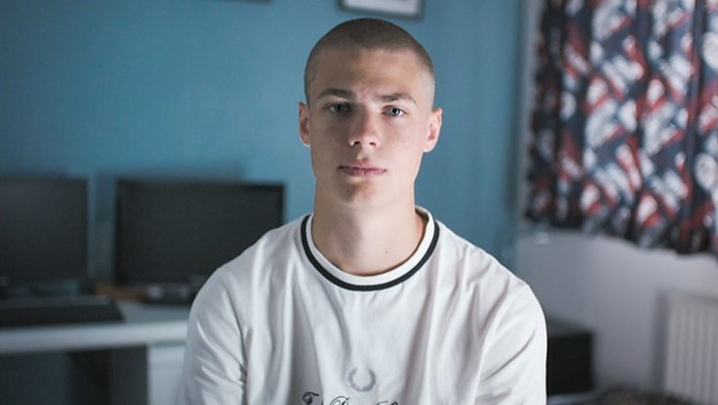“Sports for gay people” was how Bruce McCoy described RuPaul’s Drag Race, which is enjoying a hugely successful debut season on BBC Three.
“Drag queens and TV are like peanut butter and jelly – the perfect combination,” added the show’s creator Fenton Bailey.
McCoy and Bailey – executive producers of RuPaul’s Drag Race, both here and in the US – were talking at a lively RTS Futures event in November that looked at how the show was brought to the UK.
In the States, RuPaul’s Drag Race has been on television for a decade, picking up four Emmy Awards along the way. It premiered on US gay pay-TV channel Logo in 2009, before moving to entertainment channel VH1 in 2017.
“It’s been extraordinary to watch the journey of the show from targeted LGBT channels like Logo, and Out TV in Canada and the Netherlands, who initially picked up the show, and see the show grow,” said Sally Miles, who handled international distribution for the US version of RuPaul’s Drag Race and is now an executive producer on the UK series.
Bailey recalled the show’s early days in the US. “The first season was out of focus and very low budget. Logo was a tiny network and I don’t think anyone thought to cancel us,” he recalled.
But Miles added: “It always had potential – it’s so accessible and relatable to a young 16-34 year-old audience. When we took it to Netflix, it demonstrated that this is an [entertainment] show for a broad audience.”
BBC entertainment commissioning editor Ruby Kuraishe agreed: “On first glance, it’s a sub-culture niche show; on second glace, everyone can relate to it; on third glance, it’s funny – why wouldn’t you do it?”
The UK version of the reality completion show – with RuPaul as host and head judge – began its run on BBC Three in October. Guest judges have included Michaela Coel and Twiggy, as well as regulars Graham Norton, Alan Carr and Michelle Visage, a judge on the US version. In both countries, RuPaul’s Drag Race is made by US production company World of Wonder, which Bailey founded with Randy Barbato almost 30 years ago.
“People know the show and our job was to not to fuck it up. It’s really the same show as we do in the States – it’s a comedy show masquerading as a reality show, with a lot of heart to it… but [we wanted to] add as much Britishness as possible,” said McCoy.
“Britain has a great drag tradition, from Shakespeare to the [Royal] Vauxhall Tavern, which is where Randy and I saw Lily Savage,” added Bailey.
RuPaul’s Drag Race has been a ratings success, chalking up more than 6.5 million iPlayer requests by the time the series passed its halfway mark. BBC Three recently commissioned a second run.
Navi Lamba BBC Three head of social argued that it was the perfect fit for the online channel: “BBC Three’s mission has always been to help young people navigate their way in the world. [Drag Race] is showing usually under-represented voices and showcasing them on a huge platform.”
The series is released on iPlayer at 8pm every Thursday, peak time for viewing on the platform. “Drag Race is ultimately event television,” said Lamba.
“Every gay bay in the [US] plays Drag Race at the same time and that’s part of how the show became so popular – you go, meet friends and watch the show. Its sports for gay people,” added McCoy.
The RTS Futures event, ‘Start your engines: Bringing RuPaul’s Drag Race to the UK’ was held on 11 November at Tanner Warehouse in central London. It was chaired by TV critic and broadcaster Scott Bryan, and produced by Ed Gove and Jude Winstanley. A longer report will appear in the January issue of Television.
All photography by Paul Hampartsoumian


